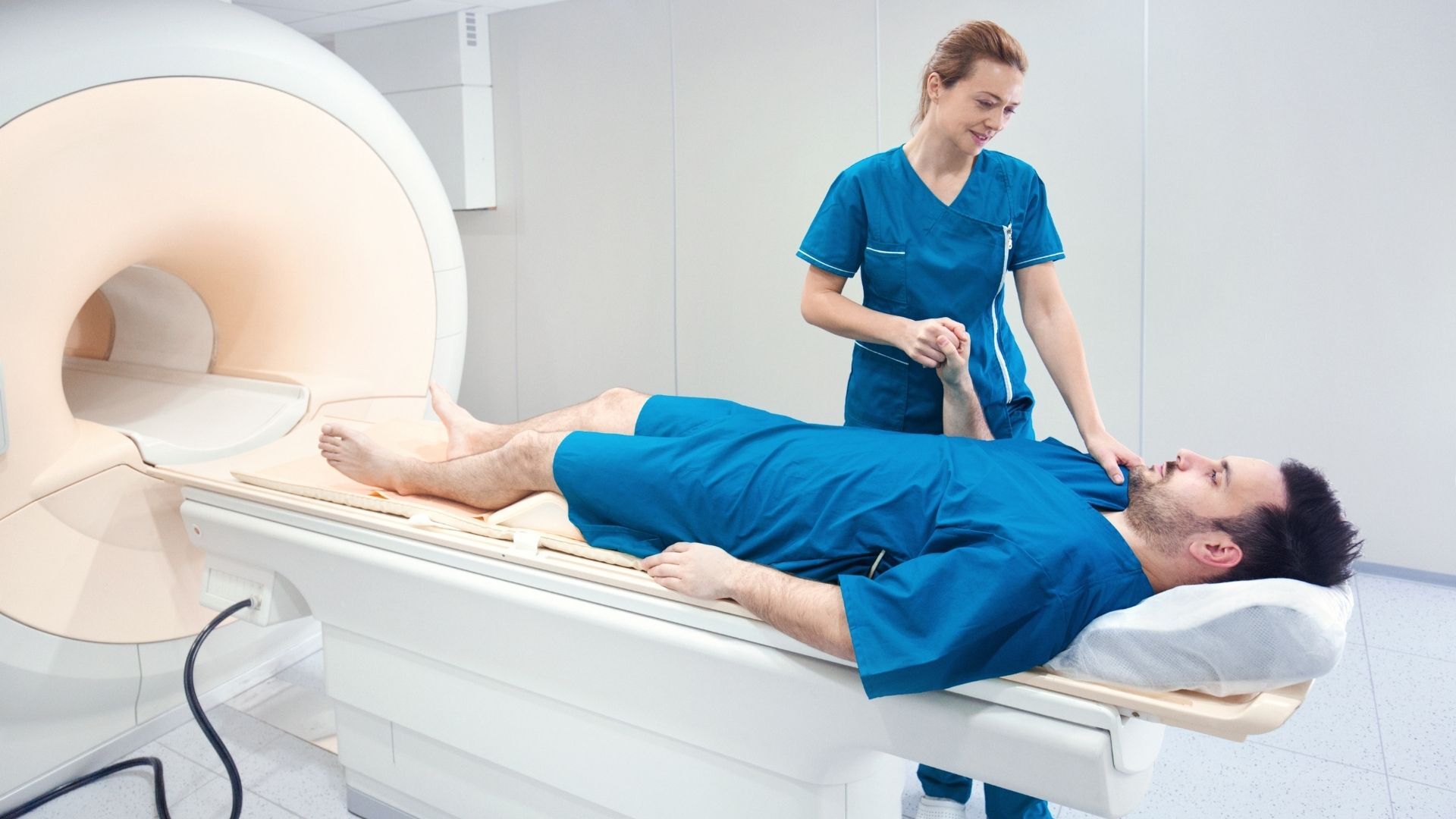
There are many different options when it comes to diagnostic imaging. Two of the most common types of imaging tests are CT scans and MRIs. But what exactly are the differences between them and why do they matter? Here's a quick comparison of a CT scan vs. MRI to help you better understand how they work and what their benefits are.
What Is a CT Scan?
A computed tomography (CT) scan uses X-rays and computers to create cross-sectional images of a patient’s body. These scans are quick and painless, and they provide detailed images of bones, organs, blood vessels, and soft tissue.
CT scans are especially useful because they allow doctors to look more closely inside the body than they could with other imaging methods. Physicians often use CT scans to diagnose various conditions such as cancer, infections, and heart disease. They can also help to determine the severity of an injury or illness.
Benefits of CT Scans
CT scans offer many potential benefits, including faster diagnosis and the ability to find small abnormalities. They also provide sharper and more detailed images than regular X-rays, which can reduce errors and improve treatments. Plus, CT scans are generally less expensive than MRIs, making them an excellent choice for anyone on a tight budget.
These scans can be particularly useful for detecting bone problems or trauma, as well as lung issues such as pulmonary nodules or tumors. Physicians also use CT scans to detect internal bleeding by revealing blockages in blood vessels throughout the body.
CT scans are invaluable tools for medical professionals. They can help physicians make quick and correct diagnoses, which often leads to higher rates of successful treatment. Best of all, these scans pose little to no risk when used correctly. With CT scans providing such precise images of what’s going on within a patient’s body, it’s no surprise that they’ve become a staple in modern healthcare.
What Is an MRI?
An MRI (magnetic resonance imaging) scan uses radio waves and strong magnets to create detailed images of patients’ bones, organs, and tissues. MRIs are often more expensive than CT scans and usually take about 30 minutes to complete. If you have any type of metallic implants, be sure to tell your provider and MRI technologist before your scan.
Physicians use MRIs to detect tumors, stroke damage, and problems with the spine or brain. They can also examine patients’ joints, breasts, and abdominal cavities. Unlike CT scans, MRIs don't use ionizing radiation, which is why some patients prefer them. However, MRI facilities must follow strict guidelines to protect staff and patients from strong magnetic fields. When guidelines are followed, MRIs are generally considered safe in most cases.
Benefits of MRIs
MRI scans have become an essential tool in modern medical practice. This technology gives physicians a safe and highly accurate way to diagnose diseases without the need for invasive surgery. MRIs are ideal for detecting a wide range of conditions including head injuries, brain irregularities, spinal issues, cardiovascular problems, and stomach ulcers.
MRI scans don’t use radiation, so patients can repeat them as often as necessary without fear of long-term harm or exposure. The detailed imaging capabilities of MRIs also provide information that’s often far superior to that of traditional X-rays and CT scans. Plus, their results can be quickly reviewed with other healthcare providers and discussed with patients in follow-up visits.
Ask Us about a CT Scan vs. MRI
CT scans and MRIs are both valuable diagnostic tools used by today’s physicians. While CT scans use X-rays to produce images, MRIs employ radio waves and a magnetic field. MRIs don’t involve radiation like CT scans, but they can be expensive and risky for those with certain implants.
Ultimately, the best way to decide which type of scan is right for you is to speak to your physician or radiologist. They'll be able to recommend the best course of action based on your unique situation. If you’re considering the pros and cons of a CT scan vs. MRI, then please feel free to contact us with any questions or concerns.
